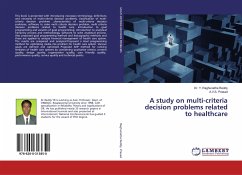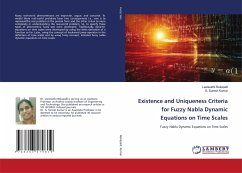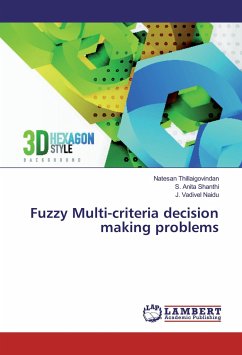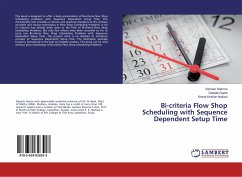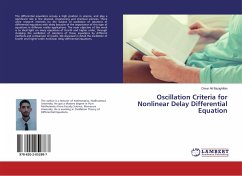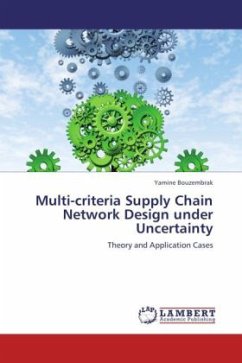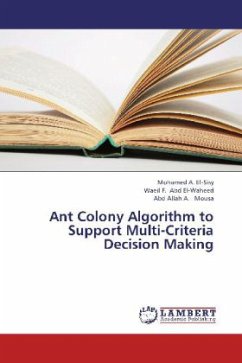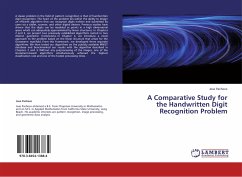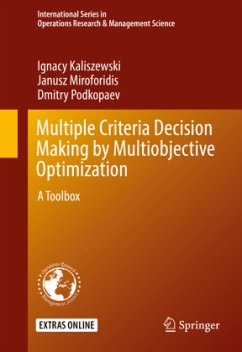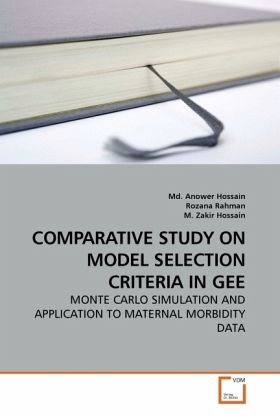
COMPARATIVE STUDY ON MODEL SELECTION CRITERIA IN GEE
MONTE CARLO SIMULATION AND APPLICATION TO MATERNAL MORBIDITY DATA
Versandkostenfrei!
Versandfertig in 6-10 Tagen
39,99 €
inkl. MwSt.

PAYBACK Punkte
20 °P sammeln!
Model (or variable) selection is an essential part of any statistical analysis. Since a GEE model does not specify a likelihood structure, traditional model selection criteria are not well defined in the GEE approach. In last decade, modified Akaike s Information Criterion (mAIC), modified Bayesian Information Criterion (mBIC), and extended Mallow s Cp are suggested for GEE.Our main goal is to compare the above mentioned model selection criteria of GEE to find the suitable one. For this we conduct an extensive Monte Carlo simulation study to examine the relative performance of these criteria t...
Model (or variable) selection is an essential part of any statistical analysis. Since a GEE model does not specify a likelihood structure, traditional model selection criteria are not well defined in the GEE approach. In last decade, modified Akaike s Information Criterion (mAIC), modified Bayesian Information Criterion (mBIC), and extended Mallow s Cp are suggested for GEE.Our main goal is to compare the above mentioned model selection criteria of GEE to find the suitable one. For this we conduct an extensive Monte Carlo simulation study to examine the relative performance of these criteria to select the best underlying model. Finally, considering the simulation study results, we apply GCp criterion to maternal morbidity data to select best underlying model and find that model for major pregnancy complications with covariates-education of the respondent, gainful employment, whether wanted the index pregnancy and food supplement appears to be the best choice among all possible models.



